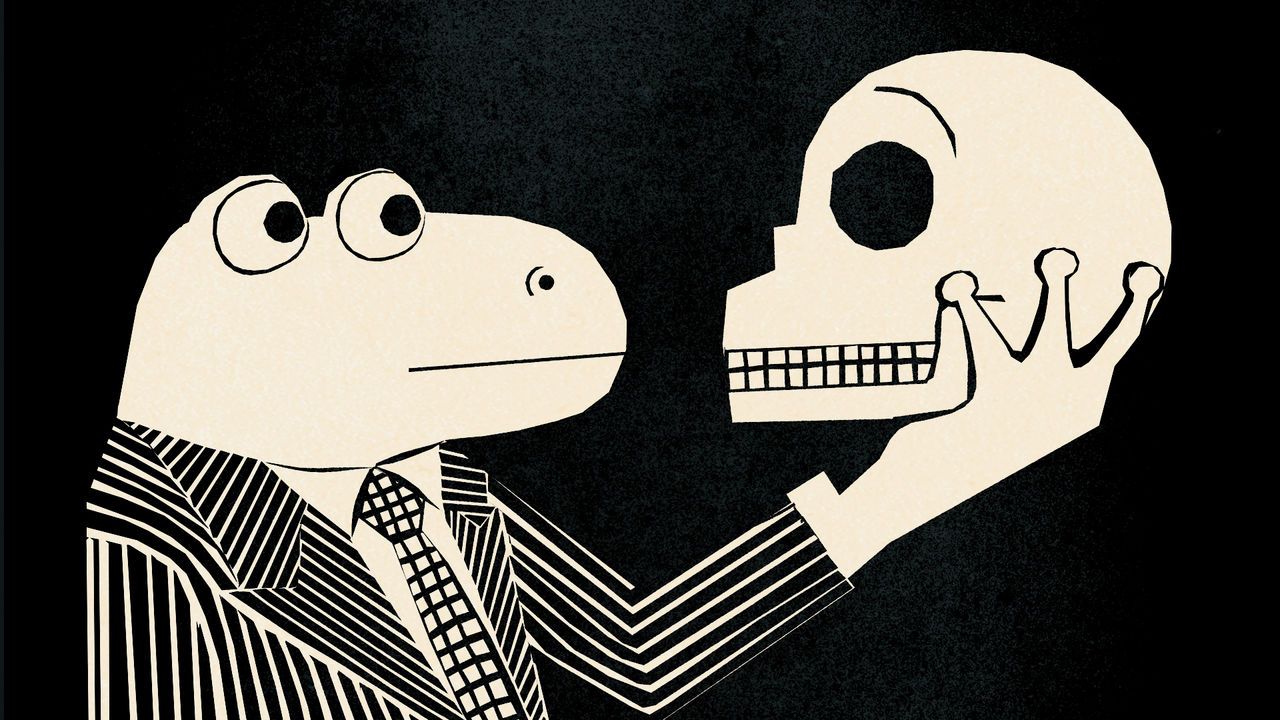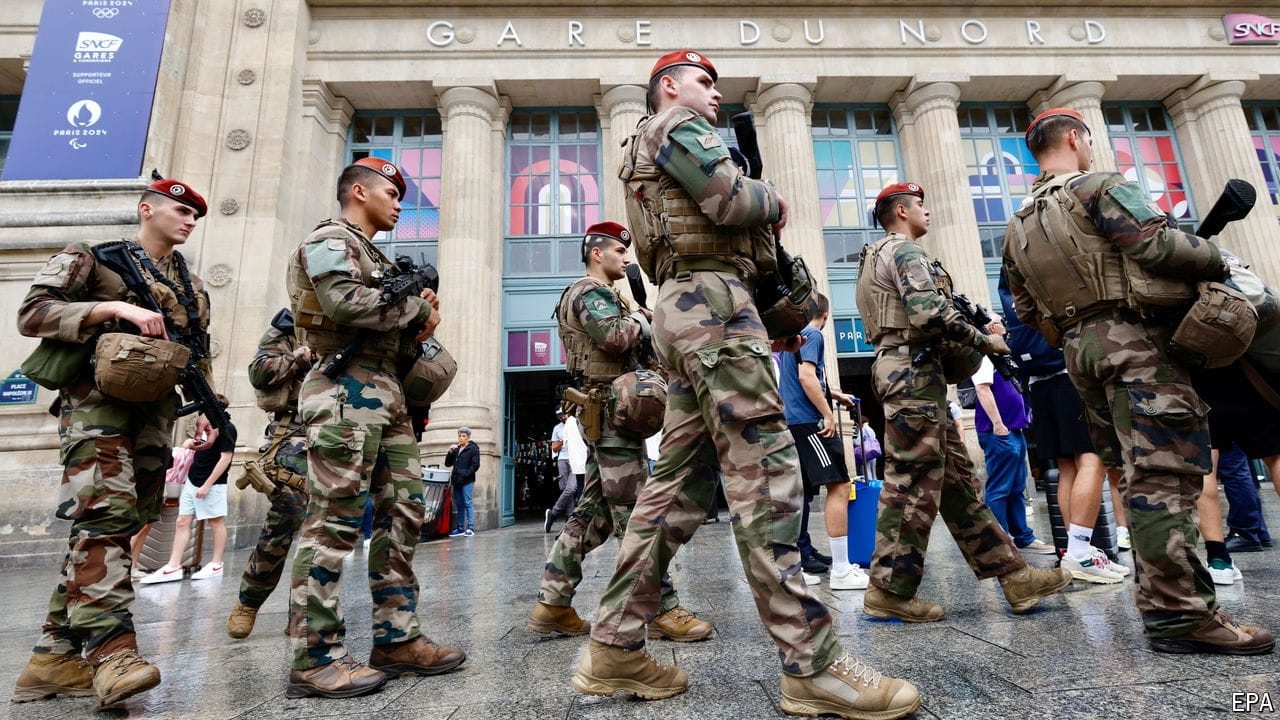To understand the perils of AI, look to a Czech novel—from 1936
“War with the Newts” offers a satirical allegory of life under the spell of machines

When historians in future centuries compile the complete annals of humankind, their output will be divided into two tomes. The first will cover the hundreds of thousands of years during which humans have been earth’s highest form of intelligence. It will recount how souped-up apes came up with stone tools, writing, sliced bread, nuclear weapons, space travel and the internet—and the various ways they found to misuse them. The second tome will describe how humans coped with a form of intelligence higher than their own. How did our sort fare once we were outsmarted? Rather thrillingly, the opening pages of that second volume may be about to be written. Depending on whom you ask, artificial general intelligence—systems capable of matching humans, and then leaving them in the cognitive dust—are either months, years or a decade or two away. Predictions of how this might pan out range from everyone enjoying a life of leisure to the extinction of the human race at the hands of paperclip-twisting robots.
ChatGPT is but a couple of years old; AI bigwigs disagree whether its intelligence can yet be compared to that of a cat. If that sounds reassuring, consider the newt. Not just any salamander, but rather the fictional heroes of “War with the Newts” by Karel Capek, published in Czechoslovakia in 1936—an excellent beach read and a chillingly prophetic allegory of developments in AI. In the satirical novel, the captain of a Dutch ship stumbles upon a breed of sea creatures in Indonesia. The crew is bemused when the child-sized beasts playfully throw stones back at them, and seem to respond to human prompts. How clever! Just as we were all amused in 2022 by AI’s ability to generate an image of dogs playing poker in the style of Caravaggio, our fictional forebears marvelled at how these fast-learning new forms of intelligence could extract valuable pearls. Then as now, an opportunity to profit is spotted. Soon the newts demand knives so as to produce more pearls. Sure thing, for what could possibly go wrong?
Explore more
This article appeared in the Europe section of the print edition under the headline “Apocalypse Newt”
Europe July 27th 2024
- The Germany-shaped void at Europe’s heart
- Vadym Sukharevsky, the man in charge of Ukraine’s drones
- Italian right-wingers have renamed Milan’s airport after Silvio Berlusconi
- European countries are banding together on missile defence
- Peter Magyar is reinvigorating Hungary’s struggling opposition
- To understand the perils of AI, look to a Czech novel—from 1936
More from Europe

Will a new “pact” of ten laws help Europe ease its migrant woes?
It will require an extraordinary number of institutions to work together

Amid the bombs, Ukrainians rediscover the beach
Odessa gives itself permission to tan again

Who was behind the arson attacks on railways before the Olympics?
With thousands stranded, suspicion falls on Russia or Iran
Italian right-wingers have renamed Milan’s airport after Silvio Berlusconi
A finger in the eye of those who detested the late populist leader
European countries are banding together on missile defence
The Ukraine war shows how dangerously few interceptors they have
Peter Magyar is reinvigorating Hungary’s struggling opposition
Attacking Viktor Orban’s corruption wins votes for a political newcomer
